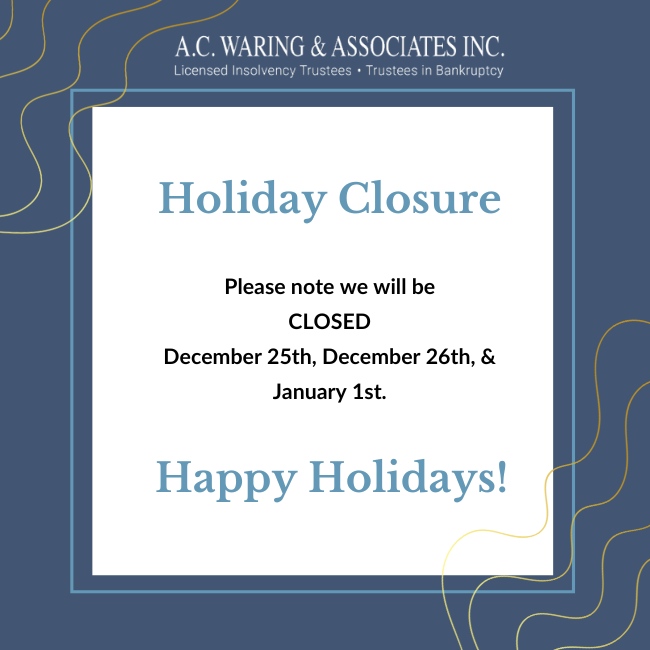Purchasing and owning a house has always been a key dream for most Canadians. Unfortunately, with real estate prices skyrocketing in many major Canadian cities, you, more than ever, need to carefully consider what you can realistically afford to buy. In deciding if and how much to invest in a new home, several factors may be considered.
How Long Will You Stay in the Home?
When deciding whether to purchase a home, you should consider the likelihood of your circumstances changing in the next few years. Land transfer tax is not cheap, nor are the costs associated with hiring a lawyer to help with your purchase. More often than not, you will lose money if you sell within the first few years of purchasing.
Are you working on contract or have you been stably employed at the same location for a long period of time? Are you confident that you will continue to be able to work in the same city and at the same pay, or better, for a long period of time, whether as an employee or contractor? What is your present debt load versus savings? How do you weigh your total present and future debt against your savings, present income, future income versus any economic variables, known or unknown. In other words, to what extent can you risk manage added debt by committing to a large purchase?
Is the home you are considering to buy going to suit you and your family’s needs for at least the next five years? If you are planning on expanding the family, it is wise to consider what your needs will be years down the road, and assess whether it makes sense to buy now, or save to afford a larger home that will suit your future needs.
Can You Afford the Home That Fits Your Criteria?
We all have a list of “must haves” when it comes to searching for a home. While it is generally a good idea to pass on unnecessary luxuries, it is understandable to have certain criteria that cannot be compromised. Learn to separate wants from needs.
There is a difference, for example, between wanting a home and affording a home with extra bells and whistles versus actually needing to buy a large enough home to house your family and not break the bank on a monthly basis.
The question then becomes whether you can afford to buy a home that fits your essential criteria list, or whether you should continue to rent.
You may want to live by two general rules according to the Financial Post. First, when buying a home, budget 1-3 percent of the purchase price of the home per year for repair and maintenance. Secondly, when buying, ensure no more than 1/3 of your gross income will go to your housing costs (i.e., mortgage payments).
There is some debate about this 1/3 rule. For example, it is more appropriate to use your gross or net income? Shouldn’t all your costs be first subtracted, including property taxes, utilities, and repairs? Is it fair to assume that a certain amount of money is going to vehicles and other common expenses when these vary from person to person?
One thing for certain is that if you extend yourself beyond the 1/3 guideline, whether based on net or gross income, meeting your monthly expenses may be difficult. Consider what other expenses you are willing or unwilling to forego. If you enjoy frequent travel, theatre, and socializing over dinners out, you may add to your financial struggle if your monthly expenses plus mortgage payments exceed 1/3 of your income.
Consider the Canadian Government’s Homebuyer’s Plan
Some people do not know about the Home Buyers’ Plan (HBP), a federal government program that allows you to borrow up to $25,000 per calendar year from your RRSPs in order to assist in the purchase of a home.
When determining whether you can afford your target home, the HBP recommends that with a larger down payment, your monthly mortgage payments will be more affordable. Further, if you can manage to make a downpayment of 20 percent or more, you will avoid the required mortgage insurance that accompanies any downpayment less than this amount.
Should You Buy Now, or Save for a Larger Downpayment?
It can be difficult to decide how much downpayment you should save before buying a home. As above, you will be subjected to mortgage insurance fees if you make a downpayment of less than 20 percent – an expense that can costs thousands of dollars.
If you are buying a relatively modest home, and you have a good income and few debt obligations, making a small downpayment may suffice. You may have a good income, but simply have not saved a substantial amount when you realize you want to buy a home.
Regardless of the size of your downpayment, always conduct a thorough analysis of what your mortgage payments will look like, and whether your income will allow you to live a comfortable life and budget for the things you need and can afford.
If You Are Struggling to with Debt Overload, Contact AC Waring & Associates Inc. in Edmonton
Debt help is available if you have bought a home, can’t keep up with payments due to unforeseen circumstances or incur a foreclosure notice, and are now struggling to meet mortgage and other payments.
A Licensed Insolvency Trustee from A.C. Waring & Associates Inc. can help you analyze your situation: expenses, income, and debt obligations. There are options your Trustee can discuss with you. These may include bankruptcy, a consumer proposal, financial restructuring, debt counselling or other actions depending on your situation.
Call our Edmonton office at 780-424-9944 or for areas outside of regional Edmonton, call 1-800-463-3328 to schedule your free consultation.




